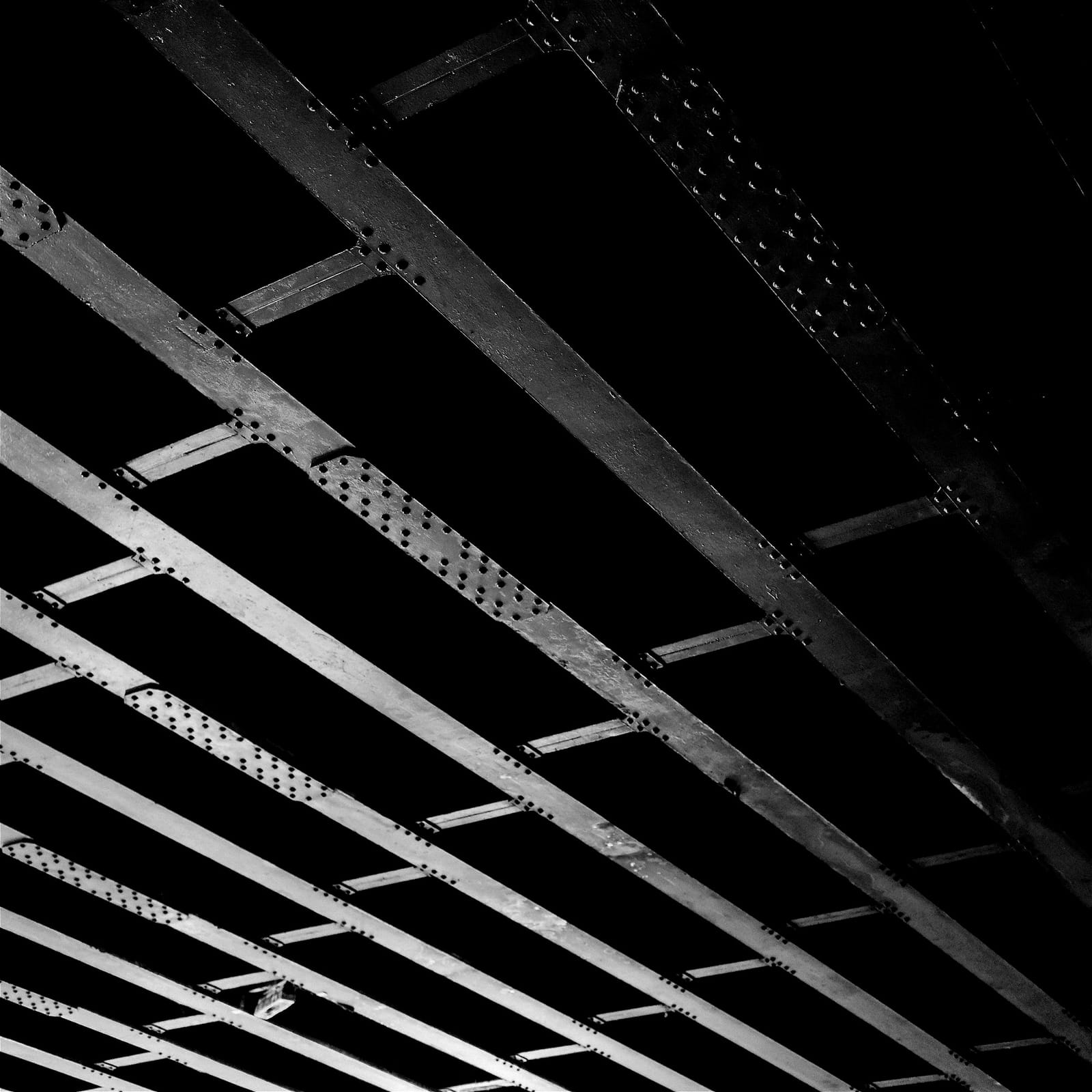Most operators fail because they treat their career like a to-do list instead of a system. A task here, a project there, and suddenly you're years in, busy as hell but wondering why nothing compounds. Systems engineers don't think in tasks — they think in inputs, outputs, constraints, and feedback loops. That mindset is how you stop being a cog and start being the operator who designs the machine.
Key Ideas
1. Inputs, Outputs, Constraints
- Inputs: What you put into the system (time, skills, energy, relationships).
- Outputs: What you actually deliver (working software, reliable services, revenue-generating features).
- Constraints: The real-world friction (budget, headcount, legacy systems, bad leadership).
Operators who think like systems engineers don't whine about constraints — they design around them.
2. Optimize the System, Not the Symptoms
Most tech workers fight fires one by one, then brag about their heroics. That's not operating — it's firefighting theater. A systems operator asks: "Why do these fires keep starting, and how do I prevent the next hundred?"
3. Feedback Loops Over Vanity Metrics
OKRs and KPIs love measuring motion: "tickets closed," "lines of code written," "velocity points completed." None of those are outcomes. A systems mindset asks: what feedback tells me if the system is trending toward stability or collapse? Think error rates, customer churn, or mean time to recovery — things that actually prove the system works.
4. Scale With Repeatable Patterns
A good system doesn't depend on heroics; it depends on patterns. Whether it's deployment pipelines, incident response, or onboarding new hires, the question is: does the system make success repeatable without you personally grinding yourself to dust?
Example Scenario
At a midsize SaaS company, the ops team is drowning in incident alerts. Traditional IC thinking says:
- "Let's staff more people on-call."
- "Let's write a longer incident playbook."
- "Let's add more metrics to our dashboards."
That's busywork disguised as progress.
A systems engineer mindset says:
- Why are these alerts firing in the first place?
- Can we reduce noise by fixing upstream reliability?
- What's the minimum signal we need to act quickly?
- Can we automate recovery steps instead of relying on sleep-deprived humans at 3 AM?
One approach scales chaos. The other builds resilience. Guess which one earns you a reputation worth keeping.
Contrast With Traditional Approaches
- OKRs: Treat every quarter like a fresh experiment, ignoring systemic flaws that roll over year to year.
- Agile Theater: Obsess over sprint velocity while ignoring whether the system actually delivers working, reliable outcomes.
- Individual Contributor Dogma: Worship "hard work" and "impact" instead of engineering repeatability into the environment.
Systems thinking doesn't play that game. It cares about whether the machine runs cleanly, not how loudly you pedal.
Takeaway: Stop acting like a task rabbit and start thinking like a systems engineer. Tasks die when they're done; systems compound when they're built.


